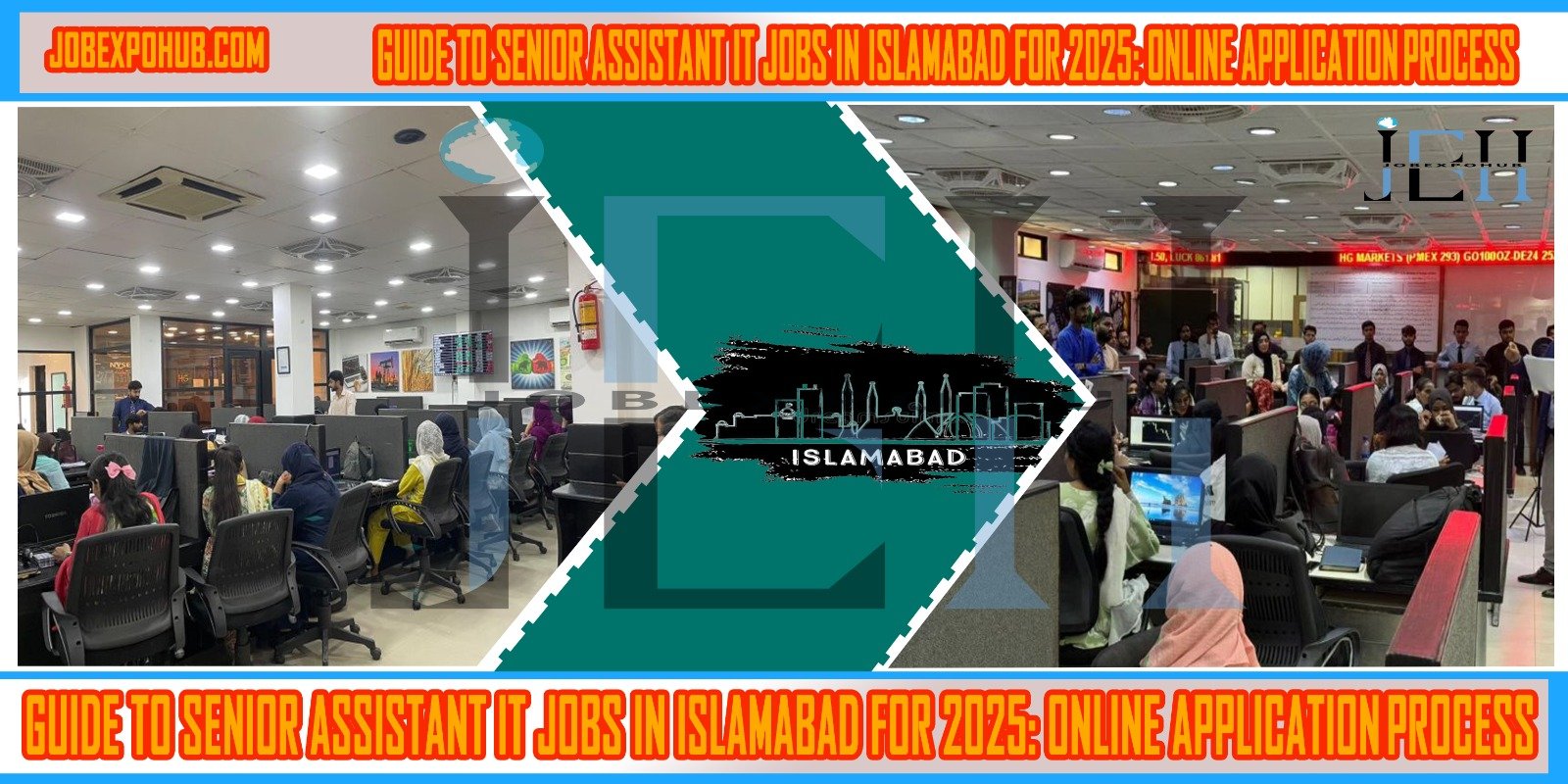Introduction to the Sindh High Court and Its Importance
The Sindh High Court, founded under the Government of India Act 1935, serves as a cornerstone within Pakistan’s judicial system. With its seat in Karachi and additional benches in Hyderabad and other significant cities, it operates as the appellate authority for district courts in Sindh, demonstrating a broad jurisdiction over civil and criminal cases. Its essential role is the administration of justice, which it accomplishes by handling appeals, original jurisdiction cases, and constitutional petitions, thereby reinforcing the rule of law across the region.
The importance of the High Court is profound, as it plays a vital role in safeguarding fundamental rights and addressing grievances regarding government actions. The court also serves as a venue for high-profile cases, contributing to the legal precedents that guide lower court decisions. By upholding the principles of justice, the High Court fosters public trust in the judicial system. Its rulings can have a considerable impact on legislation, thus influencing societal development and governance within Sindh Province.
With a well-structured hierarchy that includes Chief Justices and numerous judges, the Sindh High Court efficiently manages a diverse range of cases, from family law disputes to complex criminal matters. Furthermore, it is a significant employer within the judicial sector, offering various positions, including nazib qasid, clerks, and administrative roles. Access to these governmental positions is essential for sustaining a capable workforce that can meet the demands of the judicial system. As the volume of cases continues to rise, employment opportunities at the Sindh High Court, particularly in Karachi and its branches in Hyderabad, are expected to expand, hence becoming an appealing choice for job seekers in the legal field.
Career Opportunities in the Sindh High Court for 2025

The Sindh High Court is a distinguished judicial entity, predicted to present a variety of job openings in 2025 that will attract numerous candidates. As an integral component of Pakistan’s judiciary, the court will likely have vacancies across multiple sectors, addressing both legal and administrative needs. Positions such as clerks, which focus on daily operations and administrative tasks, are anticipated to be prevalent in the recruitment initiatives. These roles generally involve record management, document processing, and supporting legal staff in their daily functions. Candidates desiring these roles should possess at least a secondary education and requisite skills in office management.
In addition to clerical roles, there may also be opportunities for legal advisors. These professionals are crucial in providing essential legal guidance to court officials and aiding in the development of legal strategies. Candidates aspiring to legal advisor positions must have law degrees and comprehensive knowledge of legal statutes and procedures, reflecting the responsibilities held in these roles.
Moreover, vacancies for administrative staff may also arise. These positions are essential for ensuring the court operates effectively and all processes run seamlessly. Individuals seeking these roles would typically need a background in public administration or management.
As the Sindh High Court evolves, it is vital for job seekers to remain informed about the recruitment processes and eligibility requirements. Generally, announcements regarding recruitment will outline the number of available positions, application procedures, and qualifications needed. Interested candidates can stay updated on these opportunities through official government job portals and the Sindh High Court’s website. The anticipated range of job openings at the Sindh High Court will cater to a diverse set of skills, aimed at strengthening the judicial framework in Sindh.
Application Procedure: Steps to Obtain Employment at the sindh high court

Obtaining a position at the Sindh High Court necessitates a systematic approach to the application procedure. The initial step is to remain informed about the latest job announcements specifically related to the Sindh High Court, particularly through reliable job portals and the official Sindh High Court website. Here, candidates can access information pertaining to various job opportunities within the Sindh High Court, covering positions in locations such as Hyderabad and others, as well as job descriptions, required qualifications, and application deadlines.
Once a suitable position is identified, the subsequent step involves preparing and submitting a thorough application. Candidates should meticulously review the job specifications and compile all required documents, which typically include a curriculum vitae, educational certificates, and evidence of relevant work experience. It is advisable to customize each application to emphasize particular skills that align with the job specifications. For example, when applying for a position such as nazib qasid, it is beneficial to highlight any administrative or legal assistance experience.
Future Opportunities and Professional Development within the Sindh High Court

The Sindh High Court not only functions as a vital judicial institution but also serves as an avenue for numerous career opportunities within the legal framework. For individuals aiming to secure employment within the Sindh High Court, the potential for career progression is promising. Roles such as nazib qasid, among others, provide opportunities to acquire essential experiences that can facilitate advancement within the court’s structure. Participation in various activities within the Sindh High Court, such as judicial administration, legal clerking, or legal research, can create pathways that lead to more prestigious positions and distinguished legal careers.
Ongoing professional development is crucial for enhancing one’s expertise, thereby improving eligibility for advanced positions. The Sindh government acknowledges the significance of skilled personnel in upholding an efficient judicial system and offers training sessions and workshops aimed at ensuring employees are abreast of legal principles and evolving job responsibilities, thus encouraging a culture of continuous learning. Additionally, pursuing higher education, such as a Master of Laws (LL.M.) or engaging in professional courses, can significantly enhance an individual’s prospects within the Sindh High Court and the wider legal arena.











